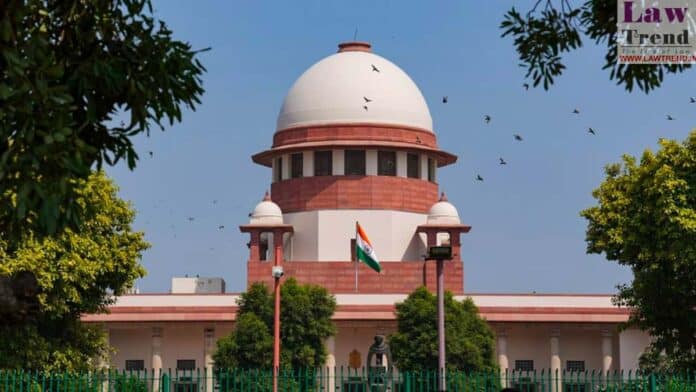In a significant ruling, the Supreme Court on May 13, 2025, set aside a Delhi High Court order that had directed the release of ₹15.90 lakhs to a respondent company despite an ongoing investigation into an alleged fraudulent share transaction. The Court reiterated that while exercising inherent powers under Section 482 of the Code of
To Read More Please Subscribe to VIP Membership for Unlimited Access to All the Articles, Download Available Copies of Judgments/Order, Acess to Central/State Bare Acts, Advertisement Free Content, Access to More than 4000 Legal Drafts( Readymade Editable Formats of Suits, Petitions, Writs, Legal Notices, Divorce Petitions, 138 Notices, Bail Applications etc.) in Hindi and English.




